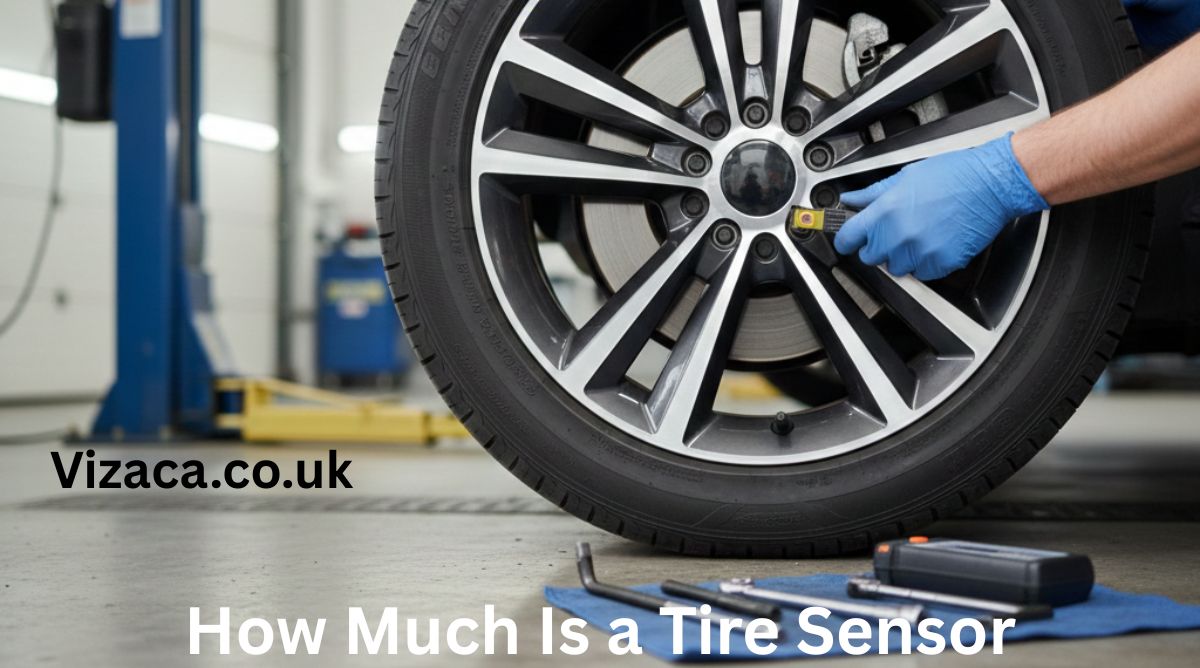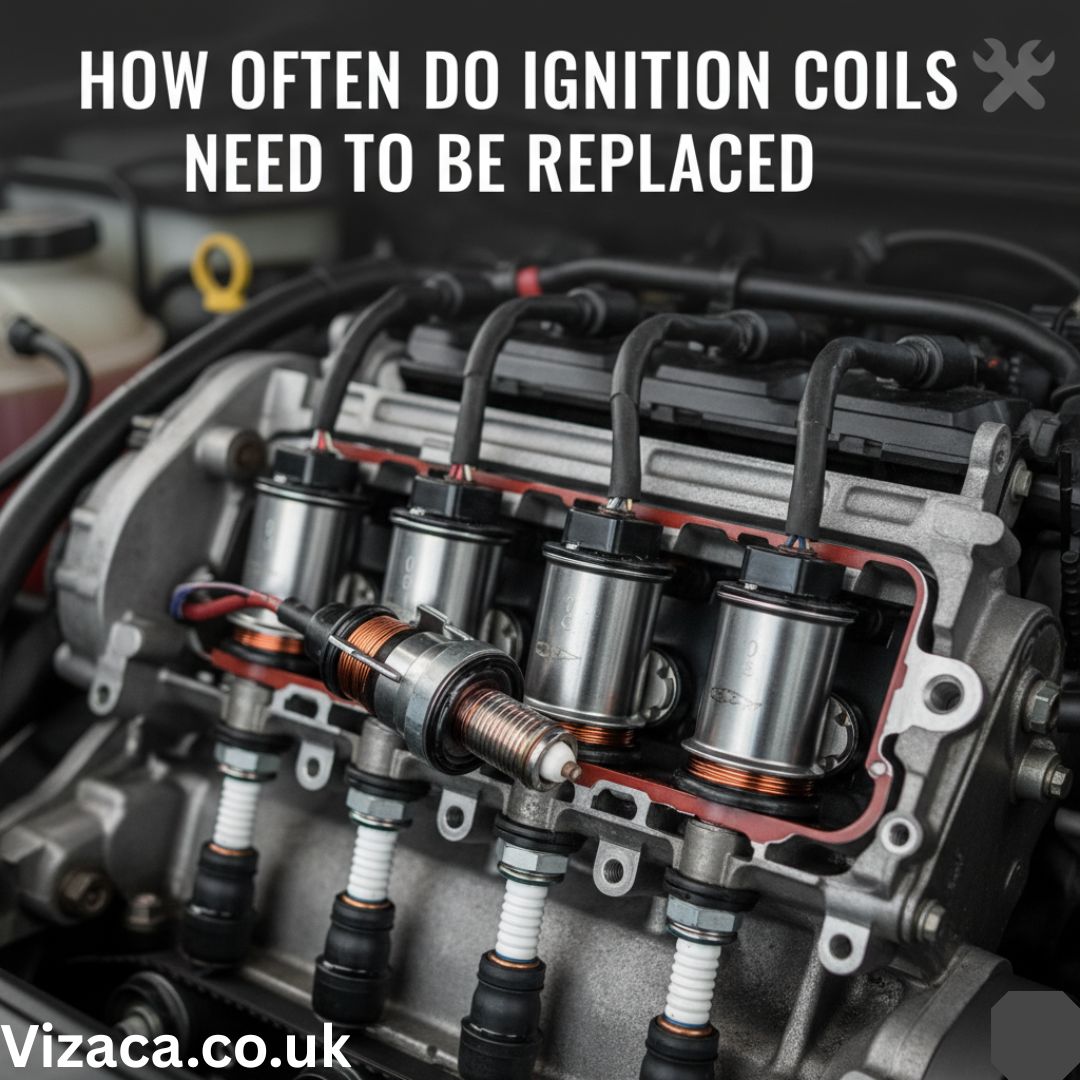Yes, using your car’s air conditioning (A/C) does use gas—if your vehicle is powered by a gasoline engine.
That’s because the A/C system relies on a compressor that is driven by the engine, and any extra load on the engine requires more fuel to maintain performance.
How A/C Uses Gas
✅ A/C Compressor Load
- When you turn on the A/C, the compressor engages using a belt connected to the engine.
- This puts an extra mechanical load on the engine, requiring it to burn more fuel to keep running efficiently.
How Much Gas Does the A/C Use?
- Typically reduces fuel economy by 5% to 10%
- That could mean a drop of 1–3 MPG depending on:
- Your vehicle type
- Engine size
- Driving conditions (city vs. highway)
The effect is more noticeable in:
- Small-engine cars, where the compressor load is relatively higher
- Stop-and-go driving, where the engine already works harder
Exceptions: Hybrids and EVs
- Hybrid vehicles: May run the A/C on battery at low speeds or idle, using less or no fuel
- Electric vehicles (EVs): A/C draws power from the battery, not gas—but it can still reduce driving range
Tips to Use A/C More Efficiently
- Use recirculate mode to cool the air faster
- Park in the shade or use a sunshade to reduce cabin heat
- Drive with windows open briefly before using A/C on hot days
- Avoid using max A/C unless necessary
Final Thoughts
Yes, the A/C system does use gas, but the impact is usually small and well worth the comfort it provides—especially in hot weather.
If you’re trying to maximize fuel economy, smart A/C usage can help reduce unnecessary fuel consumption without giving up cabin comfort.










